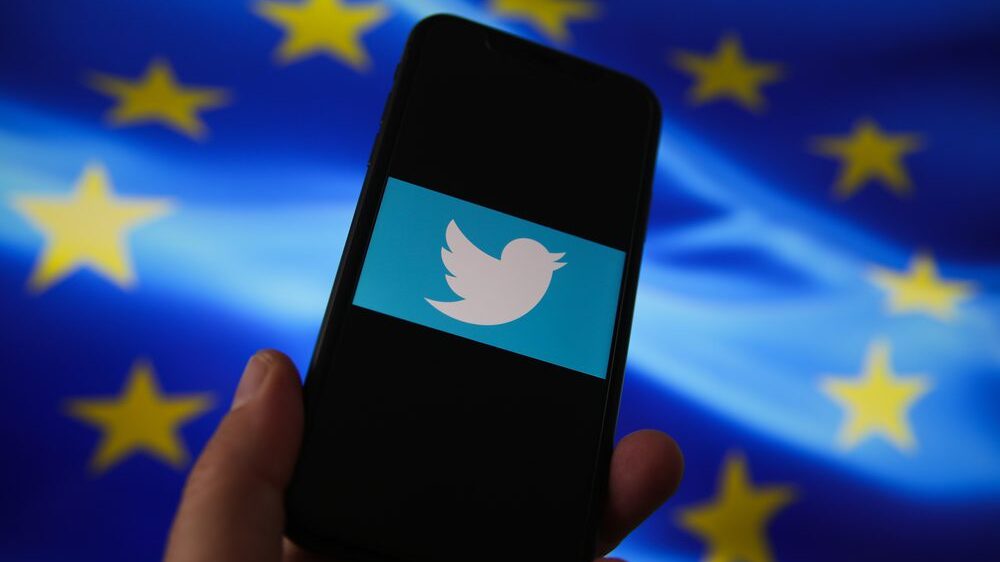
Photo: Ralf Liebhold / Shutterstock.com
Twitter has withdrawn from the European Union’s voluntary Code of Practice on Disinformation. Under that agreement, online platforms such as Google, TikTok, and Microsoft, as well as Facebook and Instagram parent company Meta assent to engage in anti-disinformation efforts.
While Twitter has yet to confirm, EU Commissioner Thierry Breton tweeted ot the news on Friday, May 26th.
Twitter leaves EU voluntary Code of Practice against disinformation.
— Thierry Breton (@ThierryBreton) May 26, 2023
But obligations remain. You can run but you can’t hide.
Beyond voluntary commitments, fighting disinformation will be legal obligation under #DSA as of August 25.
Our teams will be ready for enforcement.
According to Breton, Twitter’s withdrawal does not mean that the social media firm can avoid its obligations to the DSA (Digital Services Act), the EU’s new content moderation rulebook which will go into effect August 25th. “You can run, but you can’t hide,” the official warned.
Before Breton’s announcement, Twitter’s impending withdrawal was already being communicated by other EU officials. As reported by both Politico and Euractiv, an EU official, who wished to remain unnamed, fully expected it to be announced in a short time.
“I was waiting for this. It was purely a matter of time,” the EU official told Euractiv. “It is the only way, and we can not force them out,” he noted, but stressed that this does not mean Twitter was pulling out of Europe.
He added that Twitter’s withdrawal might be a relief for the long-suffering Commission, which has been frustrated with Musk who, despite assurances, has repeatedly failed to fulfill the Commission’s requests.
Since Elon Musk’s takeover of the social media giant in October, whole departments (including those responsible for content moderation), got the ax as part of a broader effort to streamline the company.
It would therefore not make a big difference, the official said, since Twitter, due to the slashing of its content moderation departments, had not been putting in much effort anyway.
“It just means that they will not attend meetings and not issue reports. They would still have legal obligations,” the official said, referring to the Digital Services Act (DSA) of which the Code of Practice is but a precursor.
Last month, the European Commission designated Twitter, along with 18 others, a Very Large Online Platform, which carries with it strict transparency and risk management obligations.
Doubts persist about whether Twitter can meet the extra requirements under the DSA.
Under the Act, Twitter is required to engage in active moderation efforts regarding the content on its platform. Violations of the rules laid out in the DSA could incur penalties, the severest of which is a fine to the tune of 6% of the offending firm’s global turnover.
A second EU official involved with the Code of Practice told Euractiv that Twitter had first issued the warning at a meeting between representatives of Twitter and those of the Commission on Wednesday, May 24th.
According to the official, Twitter’s representatives explained that Twitter had moved toward the use of Community Notes—as a community-led approach to content moderation, it differs greatly from the top-down one the EU envisions.
A Commission spokesperson told Euractiv that, thus far:
Twitter has not complied properly with its first reporting obligation under the strengthened Code, and the Commission has also indicated concerns regarding Twitter’s compliance with its commitments to dedicate adequate resources and measures to reduce disinformation, as well as regarding providing access to data for researchers and fact-checking.
In the absence of progress on abiding by DSA rules, and given that the EU is a secondary market for the platform, Twitter may very well end up deciding not to service the continent altogether.
